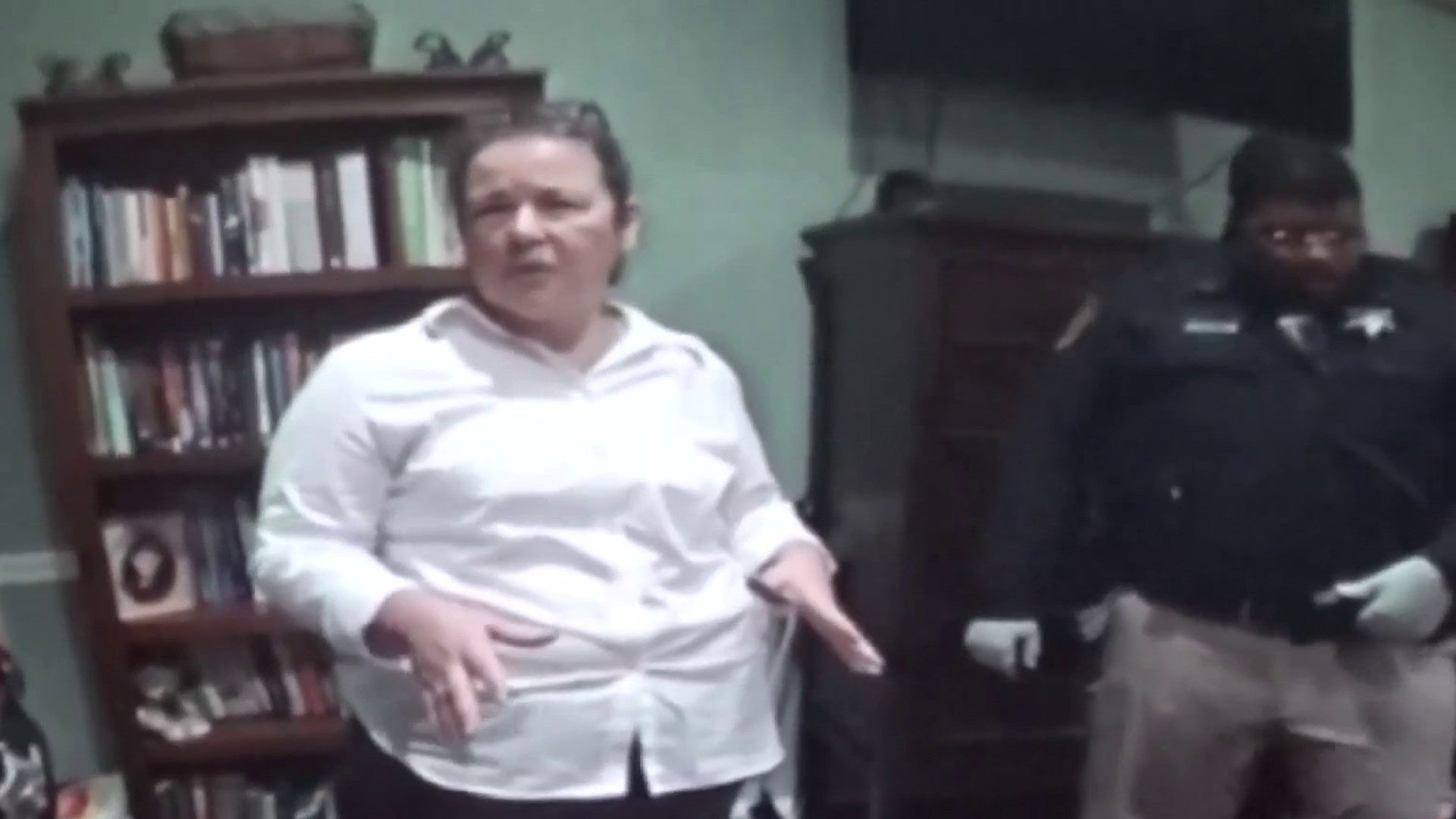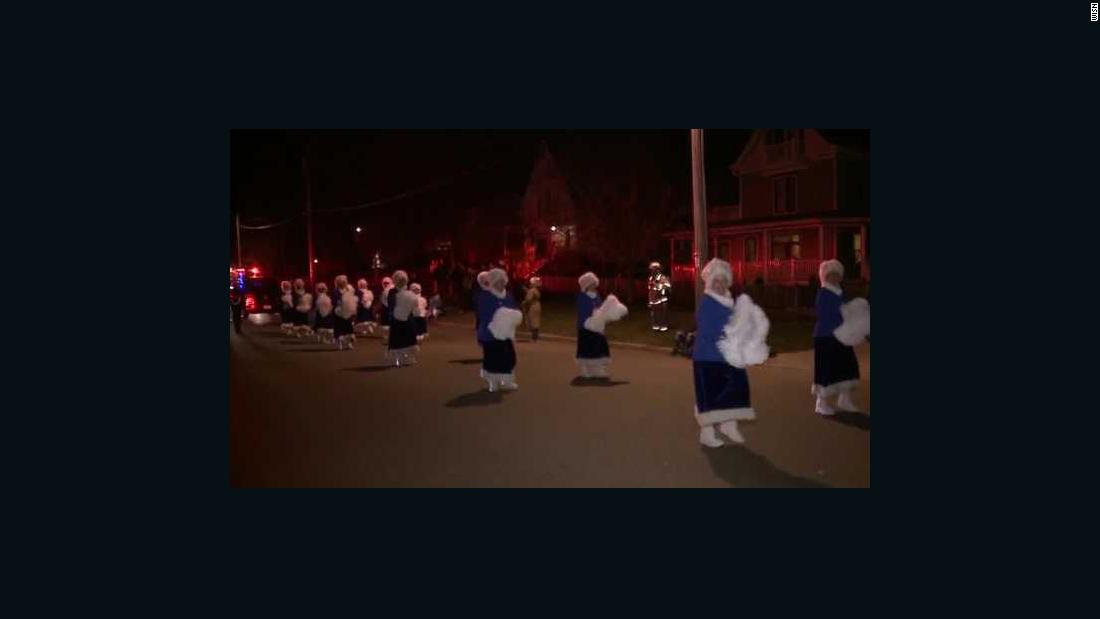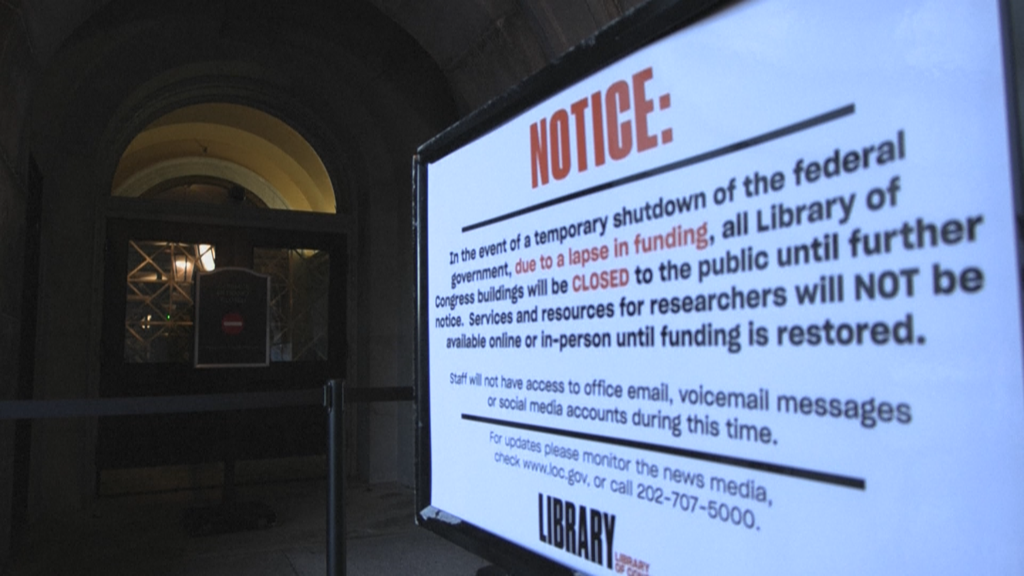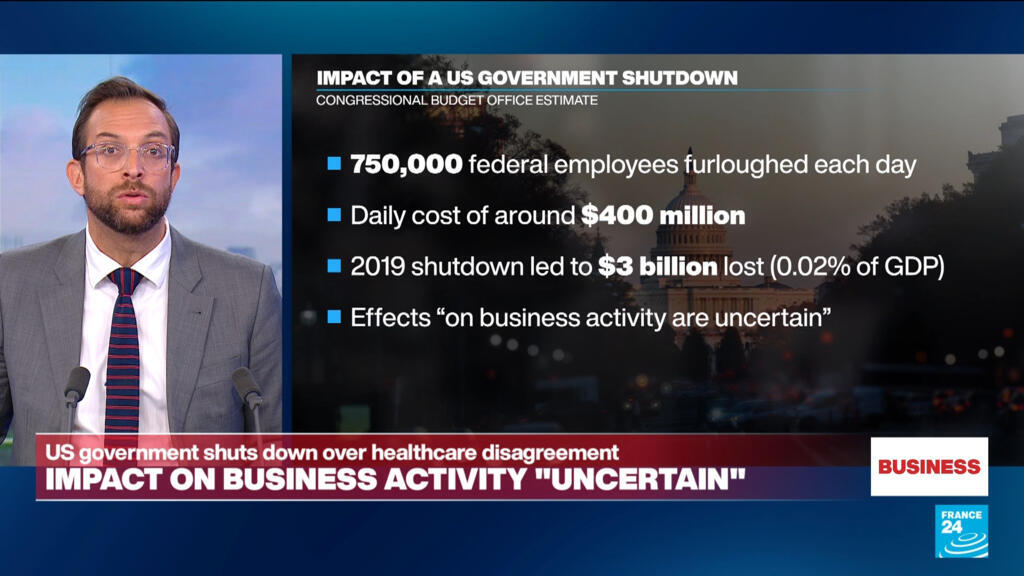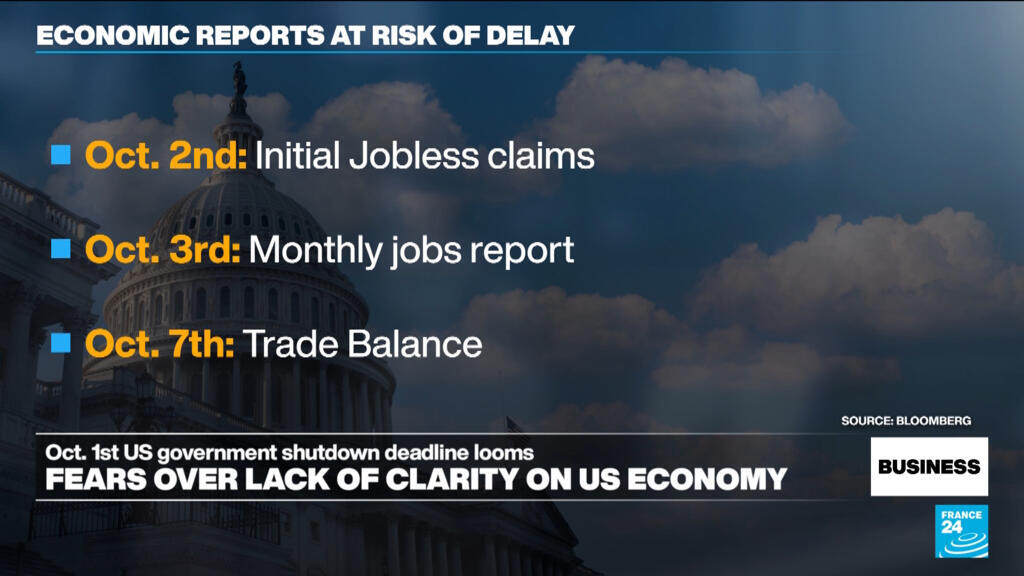The Draft That Stole Futures and Left Scars
The Draft That Stole Futures and Left Scars dives into the dark legacy of forced military conscription and its lifelong toll on those who were pulled into war. This compelling piece explores the emotional, psychological, and societal aftermath of a system that uprooted young lives, severed dreams, and left generations grappling with invisible wounds. Through vivid storytelling and historical reflection, it brings to light the human cost behind patriotic duty.
In his latest work, War Pieces, Joe Roberts ventures deep into the emotional landscape of soldiers caught in the throes of war, exposing not only the physical violence but the lasting psychological trauma. In Chapter 2, “The Draft”, Roberts dives into the stark reality of what it meant to be a young civilian, full of future possibilities, suddenly forced into a war that no one was prepared for.
The chapter opens with a simple, yet powerful reflection on the innocence lost in an instant:
“We were civilians / Fresh out of high school / Still wet behind the ears / Full of future plans / When we were called / To be soldiers…”
This beginning sets the tone for a chapter that calls attention to the abrupt and disorienting shift from civilian life to military service. Roberts effectively conveys the emotional chaos of that transition, portraying young men who, days earlier, were consumed with thoughts of college, friendships, and a future that was ripped away from them without warning. The draft didn’t just take away their freedom; it reshaped their very identities.
What makes Roberts’s perspective so compelling is his ability to show that the experience of being drafted is not just a matter of physical readiness—it is an emotional battle in itself. The soldiers’ hearts and minds, filled with youthful optimism, were suddenly thrust into a system that demanded blind obedience, a stark contradiction to their former lives. The draft was more than just a call to arms—it was a loss of agency, an imposition of violence and trauma that would impact every part of their being.
But Roberts doesn’t only focus on the devastation felt by those who answered the call to arms. He also turns his lens on the broader societal pressures and expectations surrounding the draft. His poetry offers a view into the mindset of a generation that was caught between duty and fear, between the patriotic pride they were taught to embrace and the reality of what war actually meant.
Through Roberts’s lens, the notion of duty becomes increasingly complicated. The soldiers who went to Vietnam were not necessarily driven by the desire to fight; they were driven by the fear of what would happen if they didn’t. There were those who resisted, who questioned the morality of the war and the justification for sending young men to fight in a foreign land. But for many others, it wasn’t about resistance. It was about survival—both literal and psychological.
“Some chose to resist the draft / While others took the oath / Those who heeded their country’s call / Some ended up names on the Wall.”
This passage powerfully evokes the tragic reality that for many, the call to serve led directly to death, as young men lost their lives and became nothing more than names etched in stone. The black granite wall in Washington, D.C. serves as a silent testament to the enormous cost of war, one that will never be fully understood by those who were not there to bear it.
Yet, even in the face of such loss, Roberts also critiques the naïve idealism that war was somehow a noble endeavor. Raised on a diet of John Wayne films and G.I. Joe cartoons, many of these soldiers entered the jungle expecting something akin to the adventure and glory they had seen on TV. But in the end, what they found was much darker and far less glamorous.
“Raised on John Wayne and G.I. Joe / We thought we’d find Hollywood / In the jungle / Instead, we found the reality / Of war in gore and blood.”
The striking contrast between the soldiers' expectations and the horrifying reality they encountered is a theme that runs throughout Roberts’s work. It is this disillusionment that haunts his poetry, creating a narrative that is as much about the loss of innocence as it is about the destructive forces of war. In “The Draft”, Roberts captures not just the brutality of combat, but the slow death of youthful idealism, showing how it is crushed under the weight of the horrors that war demands.
Roberts’s narrative is not one of glory or heroism, but rather a sobering exploration of the harsh psychological and emotional toll war takes on those who experience it. His poetry pulls no punches, offering a visceral look at the human cost of violence, and questioning whether any war can truly be justified when weighed against the lives it costs.
The emotional impact of War Pieces is undeniable, offering readers not only a look at the past but an invitation to reflect on the ongoing consequences of war. Through his unflinching words, Roberts challenges us to confront the lasting scars that remain long after the battlefield fades from view.
In “The Draft”, Roberts forces us to remember: while the young men who went off to war may have been called soldiers, they were, at their core, civilians—innocent, full of promise, and forever changed by the realities they faced.


